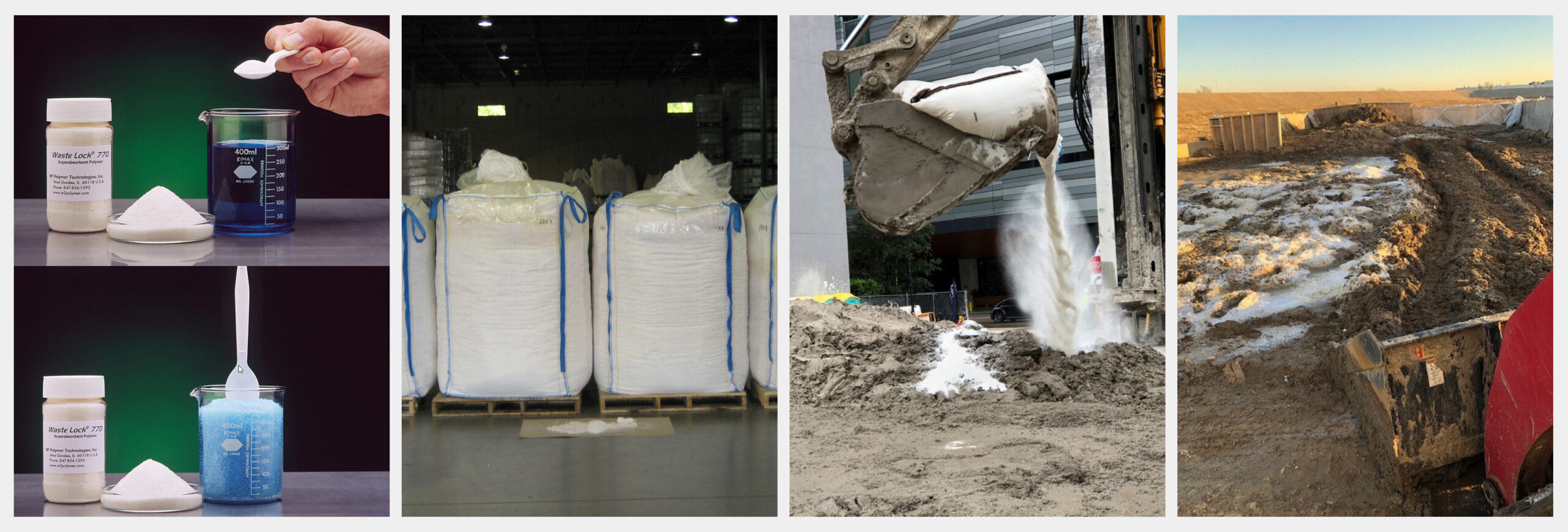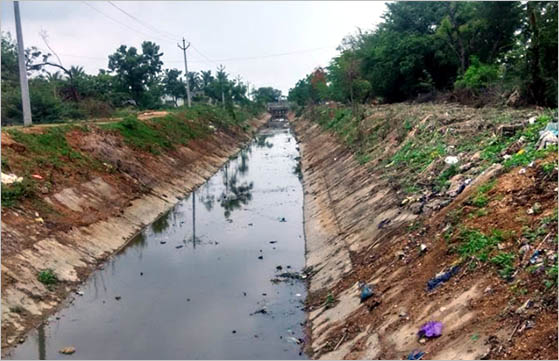Understanding the Comprehensive Refine of Liquid Waste Disposal: Best Practices and Environmental Effect Factors To Consider
The management of liquid waste disposal is a multifaceted concern that calls for an extensive understanding of numerous ideal techniques and their associated environmental impacts. From the types of fluid waste generated to the approaches used for collection, treatment, and last disposal, each action plays a vital role in securing communities and public health.
Kinds of Liquid Waste
Understanding the various kinds of fluid waste is necessary for effective monitoring and disposal practices. Liquid waste can be broadly classified right into several kinds, each needing distinct handling and treatment approaches.
Industrial liquid waste often consists of harmful materials, including heavy metals, solvents, and chemicals, produced during manufacturing processes. These wastes demand stringent regulative compliance to secure human health and the atmosphere. Residential fluid waste mainly refers to wastewater generated from houses, including sewer and greywater, which, although much less poisonous, can still present significant threats if incorrectly taken care of.
Agricultural liquid waste, consisting of runoff from ranches, typically consists of plant foods and chemicals that can cause ecological deterioration if not dealt with properly. Clinical liquid waste, generated from medical care centers, includes infected liquids such as bodily liquids and chemicals, requiring specialized disposal techniques to avoid infection and environmental contamination.
Lastly, oil and grease waste, generally created by restaurants and automobile industries, can create severe clogs in sewer systems otherwise managed correctly. Recognizing these groups facilitates targeted techniques for therapy, conformity with policies, and effective disposal approaches, ultimately promoting ecological sustainability and public health security.

Collection Methods
Reliable collection methods are important for the proper administration of liquid waste, making sure that it is collected securely and effectively prior to therapy or disposal. Different techniques are employed relying on the sort of liquid waste generated, the quantity, and the details attributes of the waste.
One typical approach is using dedicated collection storage tanks or sumps, which are made to catch fluid waste at the source. These systems typically incorporate pumps that help with the transfer of waste to larger storage space containers or therapy facilities. Additionally, mobile collection devices geared up with vacuum innovation are employed in circumstances where waste is generated intermittently or in hard-to-reach areas.
For industrial settings, closed-loop systems can effectively lessen spills and leakages, enabling the recuperation and reuse of fluid waste. It is also necessary to train workers on correct collection procedures to minimize dangers related to unsafe compounds.
Additionally, implementing regular maintenance schedules for collection equipment guarantees ideal performance and safety. The assimilation of innovative tracking systems can boost collection effectiveness by supplying real-time data on waste levels and prospective hazards. On the whole, efficient collection methods are fundamental to lasting fluid waste monitoring techniques.
Treatment Processes
Treatment procedures play a vital duty in the monitoring of liquid waste, transforming potentially unsafe materials right into recyclable resources or secure effluents - liquid waste disposal. These procedures can be extensively classified right into physical, chemical, and organic methods, each tailored to resolve specific impurities existing in the waste stream
Physical therapy methods, such as sedimentation and purification, work by getting rid of put on hold solids and particle matter. These techniques are often the primary step in the therapy chain, efficiently reducing the tons on succeeding processes. Chemical therapies entail using reagents to counteract dangerous materials, precipitate heavy steels, or oxidize natural pollutants, thereby enhancing the safety of the effluent.
Organic treatment procedures, consisting of triggered sludge systems and anaerobic food digestion, take advantage of the natural capabilities of microbes to weaken natural issue. These techniques are specifically reliable for wastewater consisting of eco-friendly contaminants. Advanced treatment innovations, such as membrane layer purification and advanced oxidation processes, are increasingly employed to accomplish higher degrees of purification.
Including a mix of these treatment methods not just guarantees conformity with regulatory criteria however additionally advertises environmental sustainability by recovering beneficial sources from liquid waste.
Disposal Options
Exactly how can organizations guarantee the risk-free and responsible disposal of liquid waste? Efficient disposal choices are crucial for securing public health and the environment. The main techniques include land treatment, disposal, and great site incineration followed by discharge into metropolitan wastewater systems.
Land disposal entails the cautious control of liquid waste in marked land fills, guaranteeing that it does not seep right into surrounding dirt or water. Incineration, on the various other hand, subjects fluid waste to heats, converting it right into ash and gases, which require proper filtration to reduce discharges. This technique is ideal for unsafe wastes that can not be dealt with through traditional methods.
In cases where fluid waste can be treated, companies might go with organic or chemical therapy procedures to reduce the effects of damaging components prior to discharging the treated effluent right into municipal systems. This path normally aligns with governing needs, making certain that the effluent fulfills safety standards.
Inevitably, companies need to perform thorough assessments of each disposal choice to determine its stability, taking into consideration factors such as waste make-up, regulative compliance, and possible dangers to wellness and the setting. By choosing ideal disposal methods, services can add to an accountable waste management approach.
Ecological Impact
The ecological effect of fluid waste disposal is a crucial consideration for organizations looking for to decrease their eco-friendly impact. In addition, the discharge of unattended or inadequately dealt with waste right into surface waters can result in eutrophication, leading to oxygen depletion and the subsequent death of fish and other microorganisms.

To mitigate these impacts, companies have to adopt ideal techniques such as carrying out rigorous waste therapy processes, advertising recycling and reuse, learn the facts here now and adhering to governing requirements. By taking a positive strategy to fluid waste management, entities can substantially lower their environmental impact while supporting lasting growth goals. Eventually, a comprehensive understanding of the environmental impacts related to fluid garbage disposal is necessary for informed decision-making and liable stewardship of natural sources.
Conclusion
Effective monitoring of liquid waste is vital for safeguarding ecological stability and public health. By taking on finest techniques in collection, therapy, and disposal, together with adherence to regulatory requirements, the possibility for hazardous contamination of communities can be dramatically lowered. Constant improvements in technology and processes add to lasting waste monitoring efforts. Eventually, a detailed understanding of liquid waste disposal not only mitigates ecological effects yet additionally cultivates a dedication to responsible source administration and ecological stewardship.
The monitoring of liquid waste disposal is a diverse concern that calls for a complete understanding of various best practices and their linked environmental effects. From the types of fluid waste produced to the techniques employed for collection, treatment, and final disposal, each step plays an essential duty in safeguarding communities and public health.The environmental influence of useful reference liquid waste disposal is a crucial factor to consider for organizations looking for to lessen their ecological impact. Eventually, a detailed understanding of the environmental impacts linked with fluid waste disposal is essential for notified decision-making and liable stewardship of natural sources.
Eventually, a detailed understanding of liquid waste disposal not just reduces environmental effects however likewise promotes a dedication to accountable resource administration and ecological stewardship.